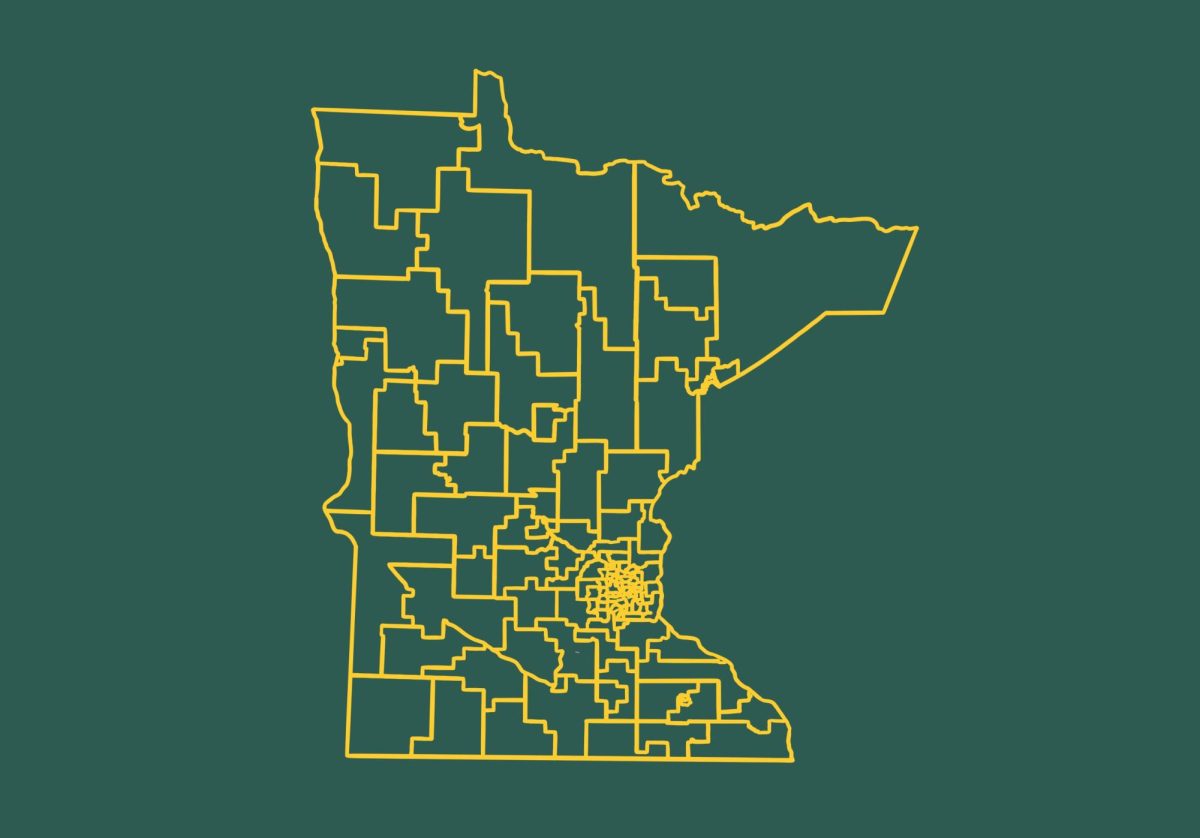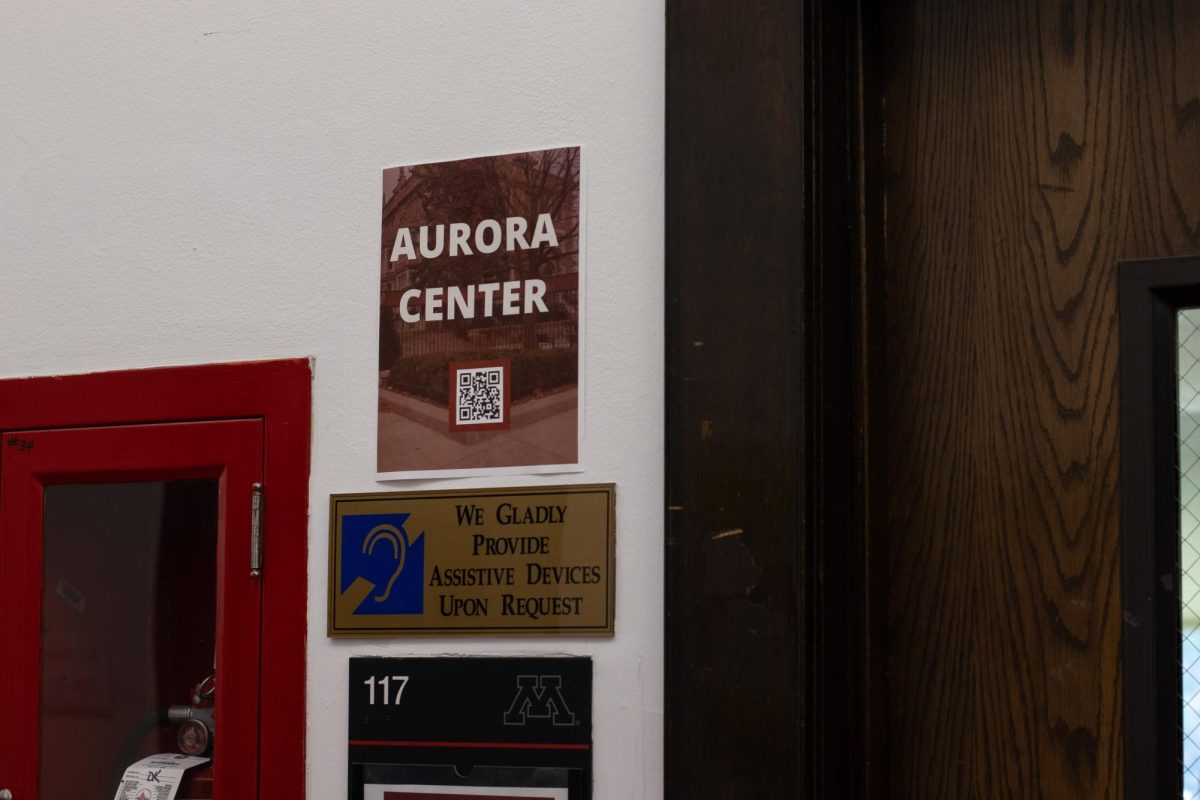The Oct. 8 article, “West Bank liaisons could improve security and livability of neighborhood,” sets forth some misconceptions. Establishment of an “improvement district” would not require “support from a majority of neighborhood businesses,” but approval of at least 65 percent of the commercial property ownership. Several years ago, such an attempt was crushed by overwhelming opposition from the West Bank’s property owners. They did not want to pay what amounted to an additional level of taxation for a promise of questionable results and an expansion of neighborhood bureaucracy.
Aside from Council Member Abdi Warsame, who made his wishes clear at the Oct.1 meeting of the Cedar Riverside Partnership, the “local community leaders” who seem most strongly in favor of such a special taxation district include representatives of The Cedar Cultural Center and Augsburg University, which are not property tax paying entities. Another is the owner of the Nomad World Pub, which — as a liquor establishment — tends to contribute to neighborhood problems more than do most of the businesses.
If the commercial areas of neighborhood need cleaning up or better snow removal, those are the responsibilities of the businesses and, yes, the property owners. But Council Member Warsame should know that the city’s inspectors need to enforce existing rules and regulations when snow doesn’t get shoveled promptly or an area around a business gets littered — or when noise from a bar annoys nearby residents. Generally speaking, however, “livability” is not the responsibility of businesses nor should they be forced to pay for questionable measures such as “ambassadors,” who, I believe, would have little or no value.
A special services taxation district might be good and appropriate for Downtown Minneapolis or Uptown, but those are areas of high property values and relative homogeneity of clienteles. West Bank properties have lower value and business rents are low. The clienteles range from almost exclusively immigrants to college students and hospital workers. And visitors to the neighborhood are drawn by the educational institutions, hospitals and The Cedar Cultural Center, as well as the neighborhood’s flagship retailer, Midwest Mountaineering. The latter, both property owner and business with many employees, would particularly suffer from the imposition of additional tax.
The West Bank is not the right kind of neighborhood for a special services or “improvement” district.
This letter has been lightly edited for clarity and style.
David Markle is a long-time resident of West Bank.








